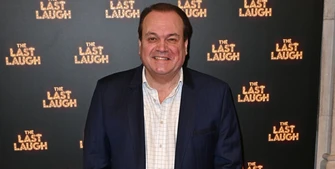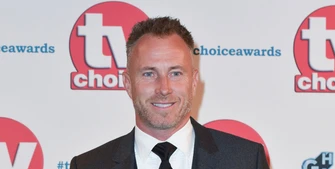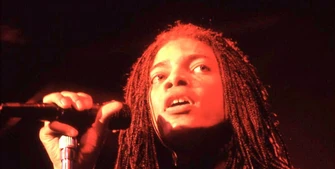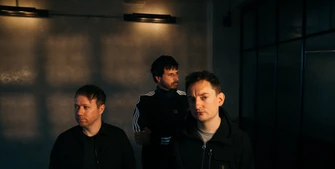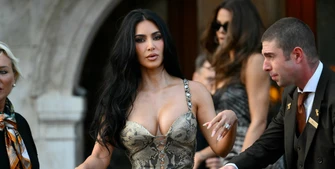Sir Paul McCartney says John Lennon 'had a tragic life'
Sir Paul McCartney has reflected on the life of his late Beatles' bandmate John Lennon and revealed the musician endured a series of 'minor tragedies' that gave him a 'vulnerability'
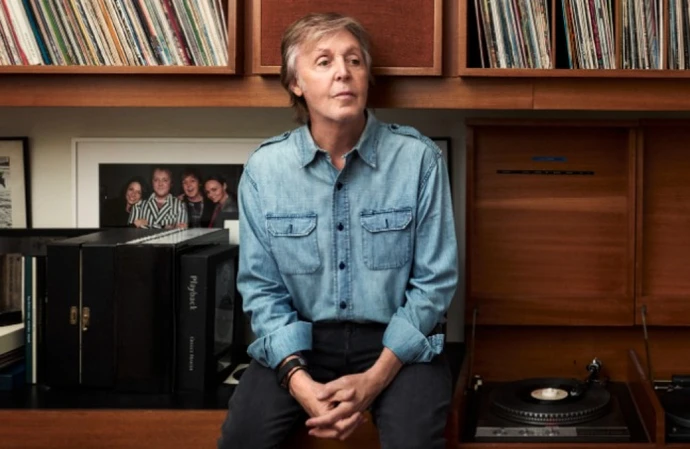
Sir Paul McCartney says his late Beatles' bandmate John Lennon "had a tragic life".
The music legend reflected on the loss of his co-star - who was murdered in 1980 - during a talk in New York City for the Tribeca Film Festival’s 'Storytellers' series as he went through images in his new book '1964: Eyes of the Storm' and host Conan O’Brien declared Lennon looked "anxious and vulnerable" in one of the snaps.
McCartney then revealed how Lennon's tough early years had affected his temperament as an adult, saying: "I don’t know about the anxiety, but the vulnerability is very true.
"[John] had a really tragic life. As a kid, his mother was decreed to not be good enough to bring him up … His father had left the home when John was three. So that’s not too wonderful. John grew up with these sort of little minor tragedies through his life …
"It made me realise why he had that vulnerability. I always admired the way he dealt with it because I’m not sure I would deal with the stuff he went through that well."
McCartney also commented on another picture which showed the Beatles on a plane bound for New York City before their appearance on 'The Ed Sullivan Show' in February 1964 as Beatlemania took off in the US.
The 80-year-old musician said of the snap: "We were very excited just to be on the plane to New York. But what happened was the pilot’s radio ahead to Idlewild Airport, as it was called then, and they got word back to us that there was a big crowd [waiting for us]. So we kind of half knew what to expect. But then it was a really big crowd and we were just bowled over. It was nice.
"Immediately after, we did a press conference at the airport, and we knew that whatever they laid on us, if there was any sort of insult, we knew we could come back with: ‘Well, we are number one in your country'."


